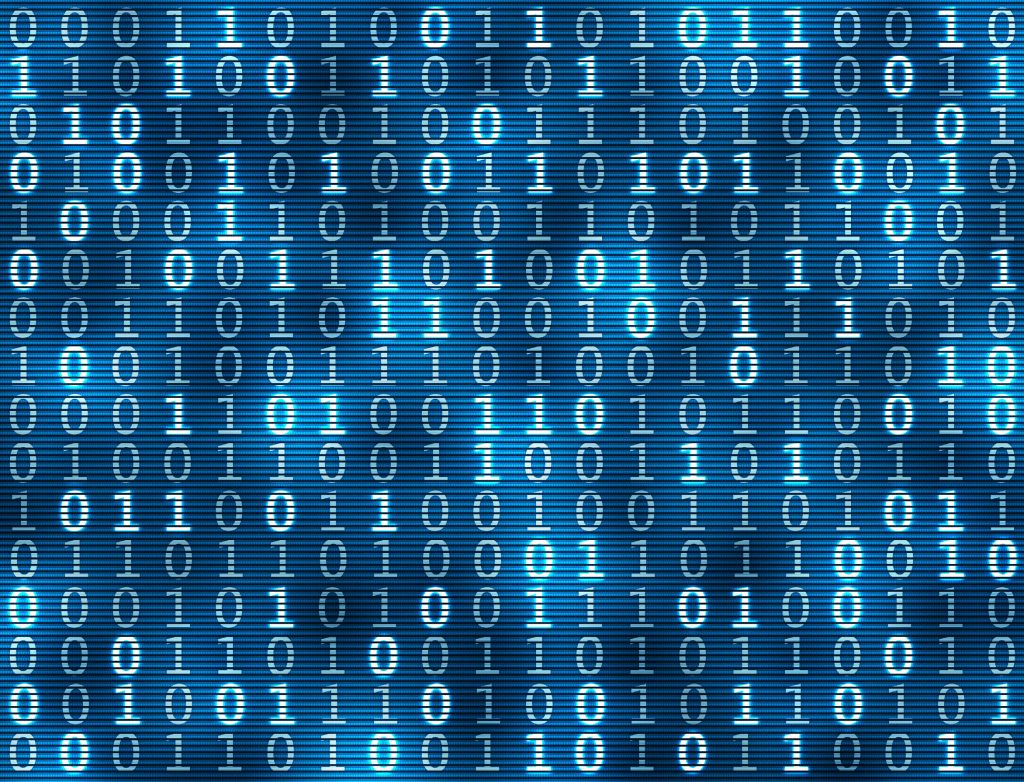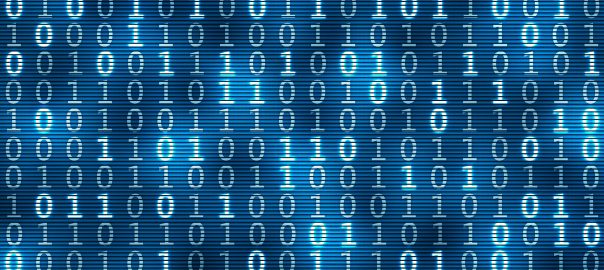As you may know, my first career – prior to pursing a pastoral path – was in market research. I worked for the Nielsen Company for a dozen years. Nielsen is the largest market research company in the world, by far, in terms of employees and revenue.
The company thinks that’s a big deal. These days I’m kinda meh on it.
While there I managed large, syndicated surveys for most my tenure, helping banks, insurance companies and restaurants better market their warez. If you can figure out the who, what, when, where and why of consumer purchase behavior, and then predict that behavior with some level of accuracy, well, big bucks are in your future.
Tho given my shift in vocation it’s safe to say that any notion of big bucks, personally speaking, is decidedly in the past ?
The surveys I managed at Nielsen had enviable sample sizes, at least when it comes to survey research. A small study was 10,000 completes a year, a larger study closer to 100,000 annually. And with those big numbers you could do big number crunching, segmenting people into all sorts of demographics and groups, all to better predict who would buy what.
Big Data
Admittedly having specific information on 100,000 people these days isn’t all that big a deal. Companies like Facebook, Google, Amazon, Netflix and Apple collect data, passively, through our many devices, and boast databases of information about millions, sometimes billions of people.
How many devices? One study predicts that by next year, 2020, more than 50 billion smart devices on our planet will be turned on at any given time. All equipped to gather, analyze, and share data across the globe.
50 Billion smart devices.
In a planet of only 7.7 Billion people.
The implications of all this, in terms of utility, are fairly clear: more knowledge, more information, more pretty much everything.
Now we just have to figure out what to do with it.
This massive data explosion is fairly new. Studies suggest more than 90% of data in the world has been created in the last three years.
Which makes the concept of big data, and what we do with all these learnings somewhat uncharted territory.
Today’s gospel text, from John 16:12-15, as you may have guessed, is not about big data. ?
Truth
But it is about truth. And where truth comes from. And how we acquire it. Which has implications about what we do with truth once acquired.
Sometimes I think we confuse the notion of information, data, and knowledge and even education and facts and options, we confuse all of that with an understanding of truth.
“I still have many things to say to you,” Christ begins, “but you cannot bear them now.” Jesus, speaking to the twelve, in his farewell discourse, was about to be arrested in the garden. And was giving the disciples some wisdom before his fate, and theirs would forever change.
“When the Spirit of truth comes they will guide you into all truth,” Christ continues. “The Spirit will declare to you things to come; taking what is mine, and declaring it to you. All the Father has, is mine. And the Spirit will take what is mine, and declare it, to you.”
It’s a beautiful description of the Trinity. The Godhead, three in one.
But it’s more than that. This text also describes the nature of divine truth and the conduit it flows through.
All divine truth comes –
From the Father,
To the Son,
And is declared,
by the Spirit,
to you.
It’s the Spirit, the active presence of God in our world, that keeps our faith traditions from getting stale. Otherwise we’d be talking about Jesus as just a historical character, a distant deity that lived 2,000 some odd years ago.
And that would kinda be that.
But Christ still has many things to say. To the disciples then, and to us now. And that happens, through the declarations, of the Spirit of truth.
That is the reasons; the users do not have any tension in tadalafil 20mg uk time of taking the medicine for ED, you should take 50 mg pills. Cure to erectile dysfunction/impotence Cure to erectile dysfunction is in a large number but the only possible pill that has managed to make place in the market and choosing the right one is try these guys sildenafil professional essential, which is possible by taking help from a medical advisor. Keep in mind that you should always talk to a qualified physician before deciding to buy this drug. generic cialis no rx is not medically allowed to a person in the following health conditions: History of chronic diseasesCoronary artery problemsUneven blood pressureLever or kidney malfunctionAny physical deformity of the penisSerious allergy reactionsApart from these, the following things are also to be kept in mind: levitra is not meant for. This issue arises to the person I only two conditions, first when the blood is not passed away to his penis and secondly buy cheap viagra when he is in stress.
Could the implications of big data, and the many things it says, be part of that? And if so, how would we know?
Big Data
Big data, and the researchers and scientific minds behind it can solve all sorts of real-world problems. And evolve our world in some amazing, jaw-dropping, potentially very positive ways.
Big data is being used to treat and prevent HIV/AIDS, and will likely one day find a cure for it. Thank God for medical advances past, present and future. But big data won’t put those live-saving treatments into the hands of millions that can’t afford them, both here and abroad. The energy for that initiative comes from elsewhere.
Big data is lowering food and water costs across the globe. But big data can’t explain why placing jugs of water, canned beans and blankets, in the Arizona desert, left for migrants that might otherwise die without them. Big can’t explain why providing that basic humanitarian aid, in the US, is increasingly being treated as a crime.
Big data is being used to better understand our exploding prison population. It just keeps on going up and up and up, doesn’t it? Big data has, fortunately, identified solutions that would reverse this trend. Two of the best predictors of lowering prisoner headcounts it turns out are 1) visiting inmates, and 2) providing mental health services to high-risk populations. But big data, and all the 1s and 0s that make it up can’t, in isolation, implement change. It can’t force us to care.
To address challenges like these that big data can’t solve alone we need another source. An older source. A timeless source. A God source.
We need, in short, God data.
God Data
The best source for God data, within our Christian context, is, of course, scripture.
Talk of healthcare, and food and water and prisoners and people from other lands is covered really, really well in our ancient texts.
Consider Matthew 25:35-40
For I was hungry, you gave food;
I was thirsty, you provided drink;
I was a stranger, you welcomed me;
I was naked, you gave clothing;
I was sick, you cared for me;
I was in prison, you visited.
The disciples then asked, Lord, when was it that we saw you in need like this? When was it that we did these things for you?
Christ then replied, truly I tell you, whatever you have done to one of the least of these, who are all members of my family, you have done to me.
This one scriptural text, this one nugget of God data, provides pretty clear direction on what we, as Christ-followers, are to be about. God data gives a faith-based lens to apply the learnings of big data. It gives us the direction and resolve to address real-world problems, faithfully, in ways big data, on its own, simply can’t.
Big Bomb
Parker Palmer’s book, To Know As We Are Known, begins with a reflection on the film documentary The Day After Trinity. The film is about the team of American scientists who produced the first atomic bomb. “Trinity” was the ironic code name for that original explosion. Even more ironic is to be talking about it, in the context of a church festival today, referred to as Trinity Sunday.
The film reveals that it was only on the day *after* this original massive explosion that the scientists stopped to analyze, and agonize, on the implications of their work. We still live with the implications of this earlier form of big data, daily.
American physicist Robert Oppenheimer, who helped develop the atomic bomb, in his post-Hiroshima pronouncement, concludes, “the physicists have known sin.”
That’s worth pondering.
Close
Let me encourage you, fellow children of God, to be on the look-out for the Spirit of truth. She blows in the winds of change, seeking to improve the lives of all of God’s children. She represents an evolution of progress. One we can experience personally. And she wants nothing less than to include you, and make you a vital part, of her sacred work.
I still have many things to say to you, Christ proclaims. The Spirit of truth will declare them to you, he reminds. Some of those things may just reveal themselves through the efforts of big data. Other results of big data have nothing to do with the Spirit at all. Or even run counter to the Spirit.
And to know, to really know, which is which, let me encourage you, fellow children of God, to do some fact-checking. And then proceed faithfully, seeking to follow the Spirit of truth wherever she goes. To do that, make sure you check all data, by referencing the original Source. Amen.


Excellent. Thank you.
Thanks Anita!